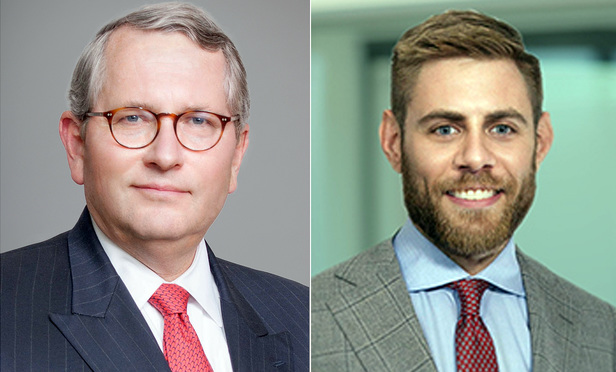Recently, we discussed in prior articles the antitrust legacy of Neil Gorsuch, currently a judge on the U.S. Court of Appeals for the Tenth Circuit and nominee for the Supreme Court of the United States. Gorsuch has significant antitrust experience, both in private practice and on the bench. While at Kellogg, Huber, Hansen, Todd, Evans & Figel, Gorsuch defended “Baby Bell” SBC Communications, a company formed after the Federal Trade Commission’s breakup of AT&T, and prosecuted (to a jury verdict) what is widely considered to be one of the largest private antitrust awards in Conwood v. United States Tobacco. As a judge on the Tenth Circuit, Gorsuch has written several high-profile antitrust opinions, among them Novell v. Microsoft, a case in which the Tenth Circuit concluded Microsoft had no duty under the Sherman Antitrust Act to share its intellectual property with rival software-developer Novell. Indeed, during Gorsuch’s four-day Senate confirmation hearing last week, Democratic Sen. Amy Klobuchar called Gorsuch as an antitrust expert.
Despite Gorsuch’s antitrust experience, the 20 senators on the Judiciary Committee gave Gorsuch a virtual pass on his antitrust views after two days of testimony. Only one senator asked him any antitrust-related questions during a few short minutes of his over 20 hours of testimony. In the one isolated instance, Sen. Klobuchar questioned Gorsuch about: the uptick in merger reviews by the Federal Trade Commission and the Department of Justice, the president’s comments about the proposed merger of AT&T and Time Warner, a 2008 Department of Justice report on monopolization and the Federal Trade Commission’s criticism (as Klobuchar put it) of that report as “too lenient on monopolization, which would hurt consumers,” and recent Supreme Court decisions that “have made antitrust enforcement too difficult.” She also asked Gorsuch about pay-for-delay cases, “where prescription drug companies actually pay generic drug companies to keep their cheaper drugs out of the market.”



